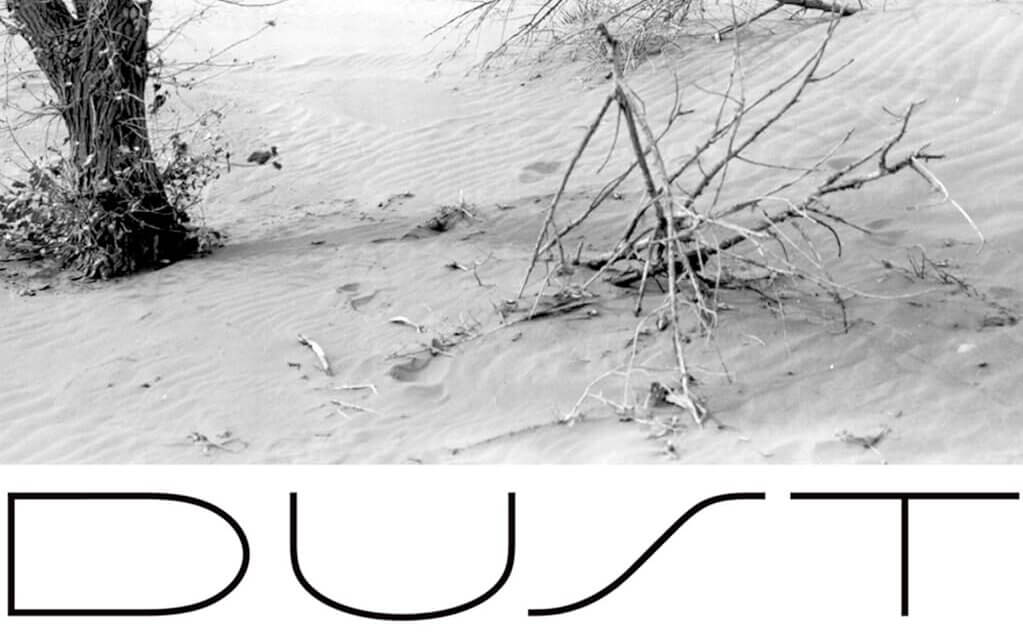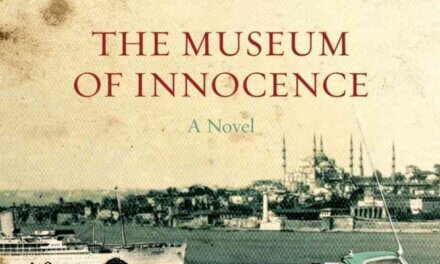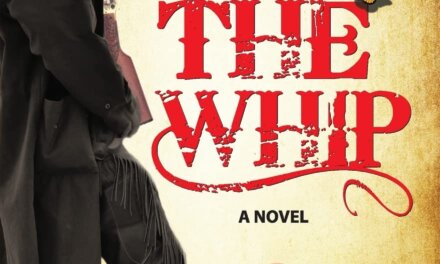As someone whose ranching family lived through the Dust Bowl and its series of droughts to the point of nearly losing land that had been in the family since the 1870s, I found Dust Bowl: The Southern Plains in the 1930s fascinating.
Author Worster does a bang-up job showing how the odd combination of fundamental religion, nature, and Manifest Destiny combine to create one of the world’s largest ecological disasters.
Folks started settling in the American High Plains in the late nineteenth century. From that time, the Dust Bowl took only fifty years to accomplish. Men plowed under a delicate ecosystem that had taken millennia to stabilize, disrupting the natural ecosystem. Men believe that where the plow went, rain would follow—it was their God-given duty not only to plow the land, but to dominate and exploit the land into higher and higher yields that in turn would permanently erode the ecosystem.
The fundamental belief that the Dust Bowl was God’s wrath upon mankind for depravity, along with an eternal optimism that God would care for His people, left many who were suffering through the Dust Bowl and droughts to believe that nature alone had caused the catastrophe.
Aboriginal Americans left comparatively little mark on the landscape, but from the time White men arrived, they disregarded limits of the land and its ecology and were determined to exploit the country. This engendered a wealth in America that, in turn, created a desire for ever more wealth. This created “agribusiness” and further exploitation of natural resources, ad infinitum. In short, capitalism with its exploitative agricultural system and soil abuse, drove the Dust Bowl, augmented by natural droughts occurring roughly every twenty years.
Worster also writes of farm subsidies and how, rather than elevating the poorest farmers, were abused by large landowners, lifting their economic status and leaving poorer farmers no better or worse than before the subsidies.
In Dust Bowl, Worster gives a clear, coherent argument that only by discontinuing environmental damage and avoiding the constant repetition of these mistakes can mankind preclude a world doomsday.
This was fascinating reading, nonfiction that I could scarcely put down.
*******************
Dust Bowl: The Southern Plains in the 1930s (Oxford University Press, 25th anniversary edition, September 30, 2004) is available through:
*******************
This post contains affiliate links to third party sites. This can help you visually identify books I recommend. If you make a purchase, I may receive a small compensation at no additional cost to you. This offsets some of the cost of maintaining this blog.













